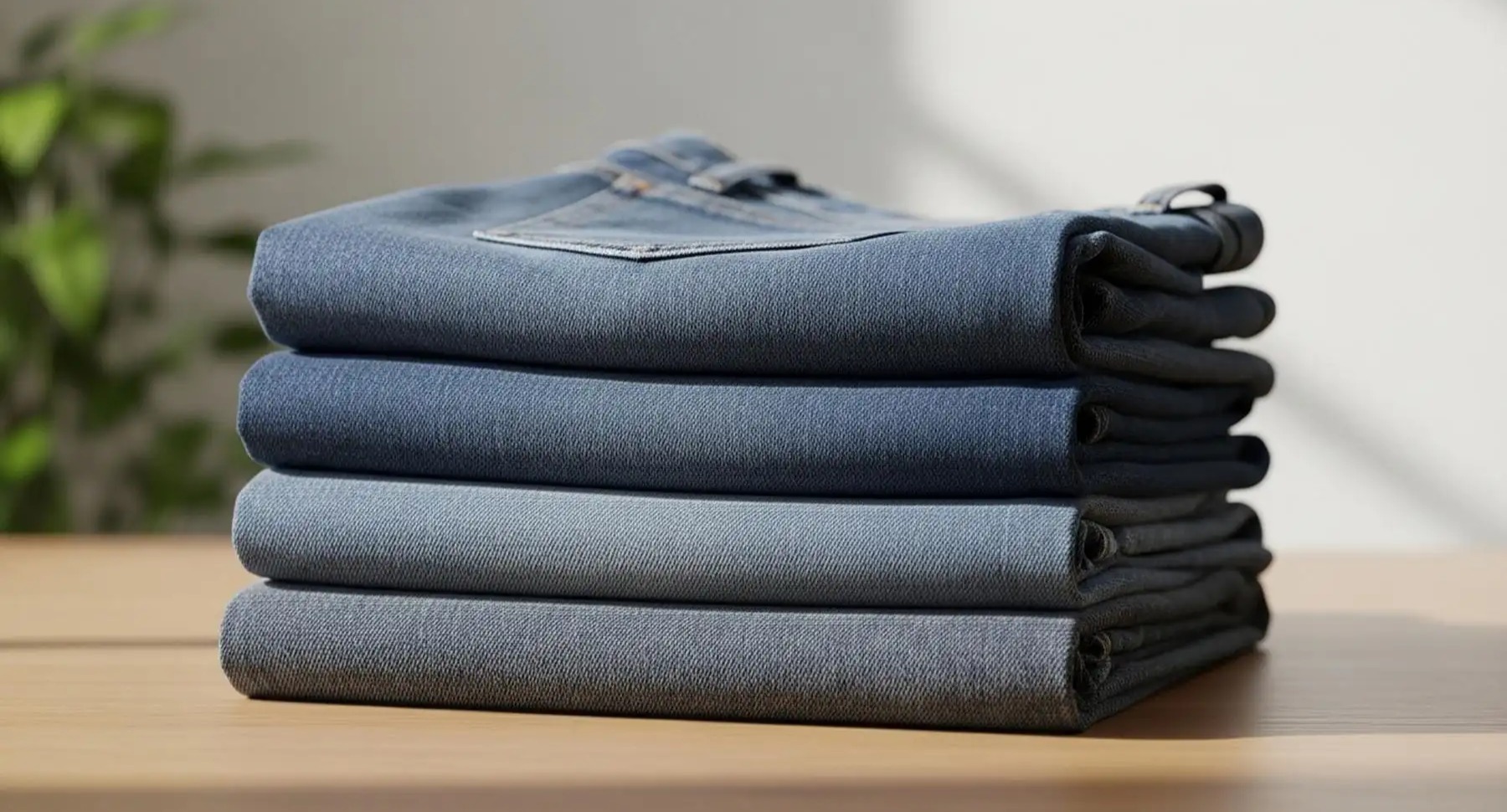What's Happening?
Fashion for Good has initiated a project aimed at scaling up the use of hemp in denim production, a move that could significantly impact the fashion industry's sustainability efforts. The project involves collaboration with innovative start-ups and commercial partners, including Bestseller, C&A, Reformation, PDS Limited, and Target. Two denim producers, Bossa from Turkey and Nice Denim from Bangladesh, are also participating. Over the next twelve months, the consortium will explore the use of two hemp innovations to create a durable fabric composed of 50 percent hemp. Currently, the industry standard for hemp blend in denim does not exceed 20 percent, primarily due to challenges in achieving the same look and feel as cotton. The project will utilize technologies from Seff, a Leeds-based company specializing in 'cottonised hemp', and Fibre52, a US company focusing on green chemistry applications.
Why It's Important?
The initiative by Fashion for Good is significant as it addresses the growing demand for sustainable materials in the fashion industry. Hemp is considered more sustainable than cotton due to its lower water requirements, rapid growth, and natural resistance to pests and diseases, which reduces the need for pesticides. Additionally, hemp's deep roots improve soil structure and prevent erosion, offering environmental benefits. If successful, this project could lead to a shift in the denim industry towards more sustainable practices, potentially reducing the environmental impact of denim production. This could benefit brands looking to enhance their sustainability credentials and appeal to environmentally conscious consumers.
What's Next?
The pilot supply chain will be tested at the Bossa and Nice Denim factories to validate the project's outcomes. The goal is not immediate large-scale production but to provide a clear perspective for the industry on the viability of hemp as a sustainable alternative to cotton. The results of this study could influence future industry standards and encourage more brands to adopt hemp in their production processes. Stakeholders in the fashion industry will likely monitor the project's progress closely, as its success could lead to broader adoption of hemp in other textile applications.










